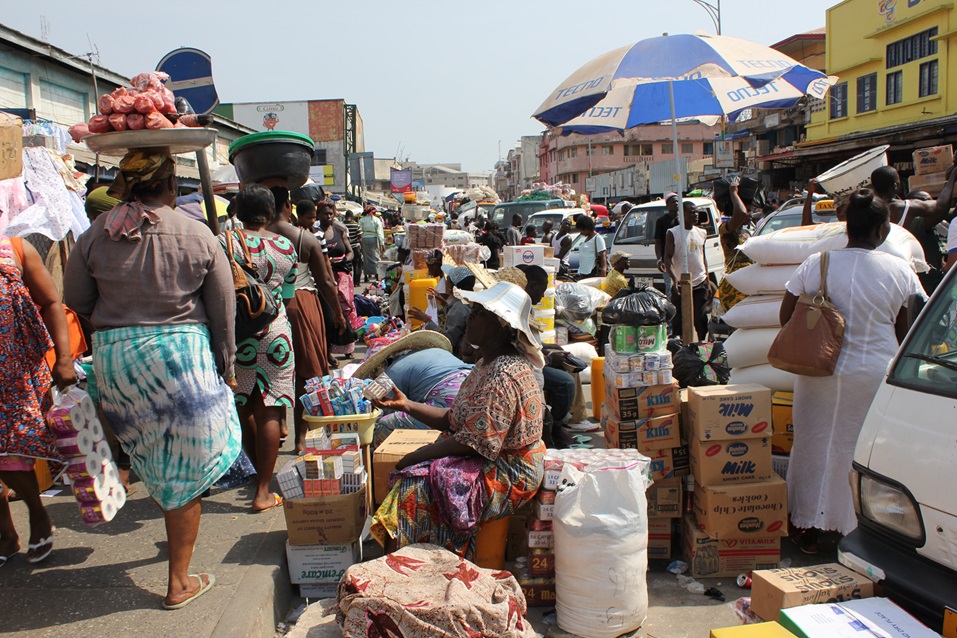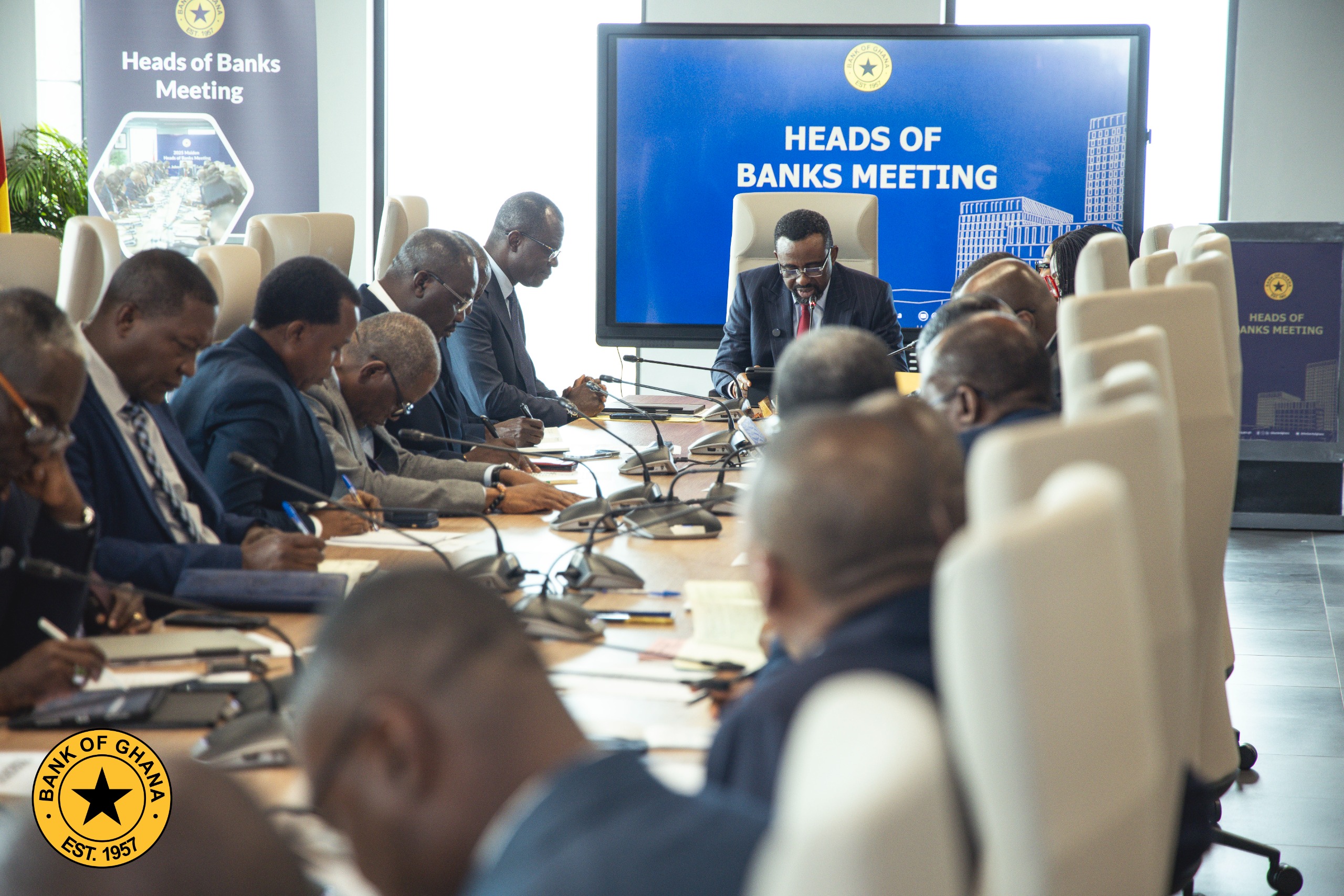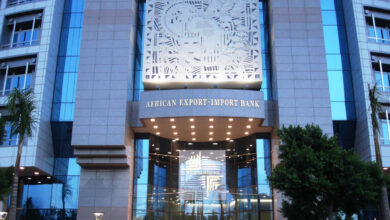
Ghana’s return to disinflation and currency stability in 2025 was driven primarily by an aggressive tightening of domestic monetary conditions rather than windfall foreign exchange inflows or favourable commodity prices, according to economist Dennis Nsafoah.
In a policy review of Ghana’s post-crisis recovery, Nsafoah, an Associate Professor of Economics at Niagara University in New York, argues that the Bank of Ghana’s sustained withdrawal of liquidity from the financial system was the critical factor behind the cedi’s rebound and the sharp slowdown in inflation.
The analysis challenges claims that Ghana’s currency gains were largely the product of higher gold prices, temporary dollar sales or improved global sentiment. While those factors provided support, Nsafoah contends they were secondary to deliberate policy choices that sharply curtailed money growth and tightened financial conditions.

Inflation eased steadily through 2025 as the cedi recorded one of its strongest performances in years, appreciating from nearly 16 to the dollar early in the year to about 10.8 by May. This period coincided with a marked deceleration in broad money growth and a substantial reduction in excess reserves held by commercial banks at the central bank.
As domestic liquidity contracted, pressure on the foreign exchange market diminished, reducing speculative demand for dollars and stabilising pricing across financial markets. “These outcomes were not accidental,” Nsafoah argues, describing the inflation and exchange rate turnaround as “the mechanical result of firm monetary restraint.”
From a macroeconomic standpoint, the adjustment aligns with standard monetary theory. Tighter liquidity conditions raise domestic interest rates, influence portfolio allocation and reduce demand for foreign currency. Over time, slower money supply growth narrows inflation differentials, supporting currency appreciation under purchasing power parity dynamics.
With U.S. inflation broadly stable, Ghana’s rapid disinflation reduced that gap significantly, reinforcing the cedi’s gains. External factors helped, but they did not drive the adjustment.
Nsafoah also addresses criticism surrounding the Bank of Ghana’s reported foreign exchange sales, estimated by some at up to $10 billion. He argues that focusing solely on the size of the intervention misses the more important issue of whether the liquidity impact was reversed.

In Ghana’s case, the central bank largely allowed the liquidity drain from FX sales to remain in the system, making the intervention effectively unsterilized. The resulting contraction in bank reserves suggests the Bank of Ghana resisted pressure to re-inject liquidity, giving the exchange rate support lasting traction.
For investors, the implications are significant. Sustained currency stability reduces risk premiums, improves price predictability and creates room for fiscal consolidation and structural reforms conditions Ghana has historically struggled to maintain during periods of macroeconomic stress.
The bigger risk ahead, Nsafoah cautions, is policy reversal. A renewed surge in bank reserves similar to past episodes where liquidity expanded by 50 percent or more would likely revive excess demand for foreign currency and undermine recent gains.
The experience of 2025, he concludes, demonstrates that Ghana’s central bank retains the capacity to stabilise inflation and the exchange rate when monetary discipline is enforced. Whether that credibility endures will depend on the willingness to keep money tight beyond the immediate recovery.
Rather than a permanent turning point, Ghana’s 2025 rebound may prove to be a stress test of policy resolve, institutional independence and the discipline required to let tight monetary conditions do their work.




